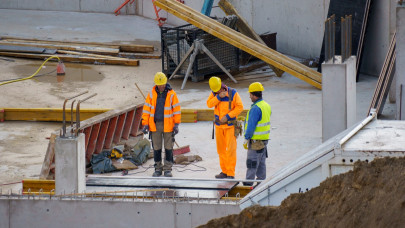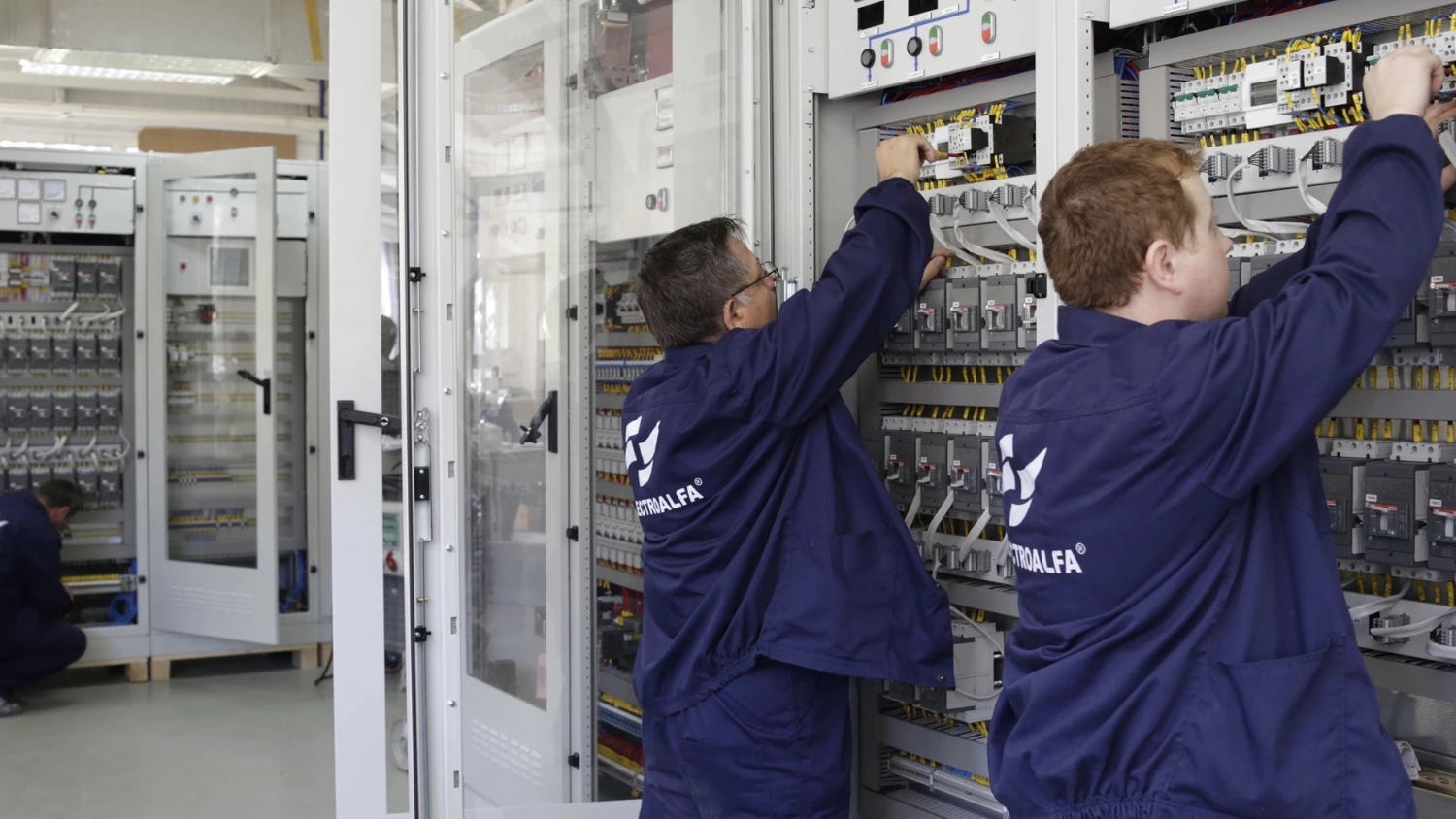The total value of the investment amounted to RON 7.788.593,26, of which 70% represents European funds, which was successfully attracted by the REI Grup team, through the Regional Operational Program 2014-2020, Priority Axis 2, managed by the Agency for Regional Development South-Muntenia.
"Hotel Imperial is the first major hotel investment in our city in the last 50 years. Construction started 5 years ago and the hotel was opened in early December. We are happy to have completed the works, while the good cooperation with the REI team helped us to successfully obtain the grant," Marilena Dumitrache, manager of Hotel Imperial stated.
The new hotel is located right in the center of Campulung and offers single, double and triple rooms with 4-star facilities. Hotel Imperial also has a spacious restaurant, which can be booked for private events, and a relaxation area with sauna and jacuzzi.
"The hotel sector has been one of the main beneficiaries of grant funding in recent years. More and more new investments or modernisations have been carried out with European funds in the last 4-5 years, and this is a clear sign that there is a growing interest from investors and access to non-reimbursable financing is a plus of confidence given to them. We are delighted that the Dumitrache family has chosen to make this investment with REI's expertise. With this project, we will end 2024 with more than 400 projects submitted and successfully managed, both for companies and local authorities," Roxana Mircea, Managing Partner of REI Grup, a leading consultancy specialised in the acquisition of European funds and state aid stated.
The Regional Operational Program (ROP) 2014-2020 is the successor of the Regional Operational Program 2007-2013 and one of the programs through which Romania has accessed European structural and investment funds from the European Regional Development Fund (ERDF) in the period 2014-2020.
Priority axis 2 focused on improving the competitiveness of small and medium-sized enterprises with a total allocation of around €900 million.
Among the investments potentially feasible by SMEs were the construction/ modernization and expansion of production/service space, including the provision of facilities, equipment (including IT systems), machinery, machinery, including new technologies creation/ modernization/ expansion of business incubators/ accelerators, including the development of related services.
Tourism growth in Romania: More than 13,500 accommodation structures
According to INSSE data, more than 13,500 accommodation structures were registered in Romania in the middle of this year, with a total of around 450,000 beds, a slight increase compared to the same period analyzed in 2023.
Of the more than 13,500 accommodation structures, only 12% were hotels, with the vast majority of accommodation concentrated in apartments or rooms for rent (32%) and agritourism hostels (26%), respectively. Moreover, of all hotels, more than 80% were classified as 3 and 4 stars.
More than 60% of all accommodation structures in Romania are classified as 3-star, while about 10% of the accommodation units in our country are 4-star and only 1% - 5-star.
The top three counties, ranked by the total number of existing tourist accommodation structures (including apartments and rooms for rent), were Constanta (1,630 accommodation structures), Brasov (1,332 accommodation structures) and Suceava (831 accommodation structures).
Out of the total number of existing tourist accommodation beds, Constanta County is in first place (26.3%), followed by Brasov County (7.9%) and Bucharest Municipality (6%).
In October 2024, compared to October 2023, arrivals in tourist establishments with accommodation including apartments and rooms for rent in Romania increased by 5.6%, while overnight stays increased by 4.5%, INSEE data show.
According to the South-Muntenia Regional Development Agency data, over 2,500 employees work in the HoReCa sector in Arges, Calarasi, Dambovita, Giurgiu, Ialomita, Prahova and Teleorman counties - which are part of the South-Muntenia region.
€86 million in non-reimbursable funds for tourism
The South-East Regional Development Authority "RDA" South-East has published the consultative guide on the SE Regional Program for tourism investments in South-East Romania, which finances, with up to €1.5 million - non-reimbursable funds, investments in tourism. The allocation is up to €86 million.
The funding program is part of Priority. 1 - Specific Objective SO 1.3 - Enhancing sustainable growth and competitiveness of SMEs and increasing job creation within SMEs, including through productive investments (ERDF) - Action 1.6 - Stimulating innovative activities and increasing competitiveness of SMEs - Operation A.2 - Increasing competitiveness of SMEs within the South East Regional Program 2021-2027.
The overall objective of the South-East South-East RDP 2021-2027 is to increase regional economic competitiveness and improve the living conditions of local communities by supporting the development of the business environment, infrastructure and services, with a view to reducing intra-regional disparities and sustainable development, through efficient resource management, harnessing demographic and innovation potential and assimilating technological progress.
The South-East Region 2021-2027 aims to make the South-East Development Region one of the most dynamic regions in Europe in terms of smart and sustainable economic growth, capitalizing on local diversity and stimulating innovation to reduce disparities and increase living standards.
Eligible applicants are micro-enterprises, small and medium-sized non-agricultural enterprises in the South-East Development Region, with registered office or tax registered point of work in urban areas, and for small and medium-sized non-agricultural enterprises, with registered office or tax registered point of work in rural areas, except for the territory covered by the ITI Danube Delta.
The final guidelines are expected to be published around December 20, with an allocation of €86 million, and project submissions expected in April 2025. For a better score, companies would have to support 40% co-financing.
"We are inviting companies that have experienced growth and want to build / expand service premises, hotels, medical clinics, to purchase equipment and to start the preparation by selecting a consulting company with experience in implementing projects with a construction component, in order to have absolutely all the documents ready in April, when the call is scheduled to open. At the time of submission, we will need a mature project with permits obtained, including building permits," Roxana Mircea added.








